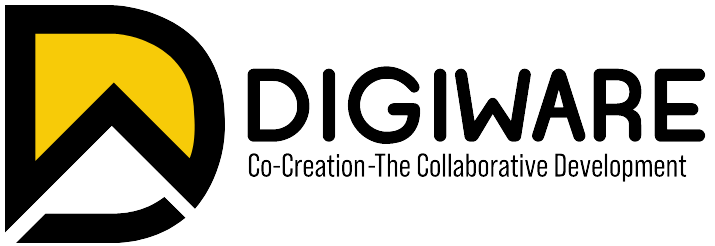In the vast expanse of the digital landscape, a well-crafted website acts as a bridge connecting businesses and individuals with their target audience. The art and science of website development have evolved tremendously over the years, empowering companies to establish a strong online presence, drive engagement, and foster lasting relationships with customers. We explore the intricacies of website development, aiming to provide valuable insights that can elevate your online presence and outrank other websites on search engines, especially Google.
Understanding the Foundation of Website Development
The Crucial Role of Responsive Design
At the core of effective website development lies the concept of responsive design. A website that adapts seamlessly to various devices, such as smartphones, tablets, and desktops, ensures a positive user experience across all platforms. Google places great importance on mobile-friendliness when determining search rankings, making it essential to prioritize responsive design during the development process.
Navigating the User Experience Landscape
A user-centric approach to website development can significantly impact search rankings and engagement. Crafting an intuitive navigation system, employing clear calls-to-action, and ensuring a clutter-free layout can enhance user experience, keeping visitors on your site for more extended periods. This increased dwell time signals search engines that your website offers valuable content, thus boosting its ranking potential.
The Pillars of On-Page SEO
Keyword Research: The Cornerstone of SEO
Keyword research is the bedrock of any successful SEO strategy. Identifying and incorporating relevant keywords into your website’s content, meta tags, and URLs enables search engines like Google to understand the relevance of your pages to specific search queries. Utilizing long-tail keywords, which are more specific phrases, can help you target niche audiences and gain a competitive edge.
Content Optimization: Creating Compelling Narratives
In the realm of SEO, content is king. Crafting valuable, informative, and engaging content not only attracts and retains visitors but also increases the likelihood of other websites linking to your pages. This organic link-building process is a powerful signal to search engines of your website’s authority, which can significantly improve your search rankings.
The Power of Meta Tags and Descriptions
Meta tags and meta descriptions serve as the virtual doorways to your website. Optimizing these elements with relevant keywords and enticing copy can influence click-through rates from search engine result pages (SERPs). Higher click-through rates indicate to search engines that your content is valuable and relevant, potentially boosting your rankings further.
The Off-Page SEO Landscape
The Impact of Backlinks on Rankings
Acquiring high-quality backlinks from reputable and authoritative websites is a fundamental aspect of off-page SEO. These backlinks act as endorsements, vouching for the credibility of your content. Earning backlinks naturally through compelling content and outreach efforts is essential for outranking competing websites in your niche.
Harnessing Social Media for SEO
In the interconnected world, we live in, social media platforms have become powerful tools for enhancing SEO efforts. Sharing your content on various social channels can amplify its reach, attracting more visitors to your website and potentially earning more backlinks. Additionally, social signals can indirectly influence search rankings, making an active social media presence crucial for SEO success.
The Technical Underpinnings of Website Development
Site Speed: A Make-or-Break Factor
In the fast-paced digital world, website speed is not just a user experience concern but also a critical SEO factor. Websites with faster loading times tend to rank higher on search engines. To optimize site speed, consider compressing images, leveraging browser caching, and using content delivery networks (CDNs) to ensure your website loads quickly and efficiently.
Schema Markup for Enhanced Search Visibility
Implementing schema markup can provide search engines with structured data about your website’s content. This enables search engines to display rich snippets, such as star ratings, reviews, and event details, directly on the SERPs. Enhanced search visibility through schema markup can lead to higher click-through rates and improved search rankings.
In conclusion, the art and science of website development intertwine to create a digital presence that resonates with users and search engines alike. By prioritizing responsive design, user experience, on-page and off-page SEO strategies, and technical optimization, you can build a powerful bridge on the web that elevates your online presence and outranks competing websites on search engines, particularly Google.
Remember, achieving and maintaining top search rankings is an ongoing endeavor. Stay updated with the latest SEO trends, continue to deliver valuable content, and nurture your website’s growth through strategic optimization and promotion. With dedication and a comprehensive approach to website development, you can dominate the digital landscape and forge lasting connections with your target audience.

